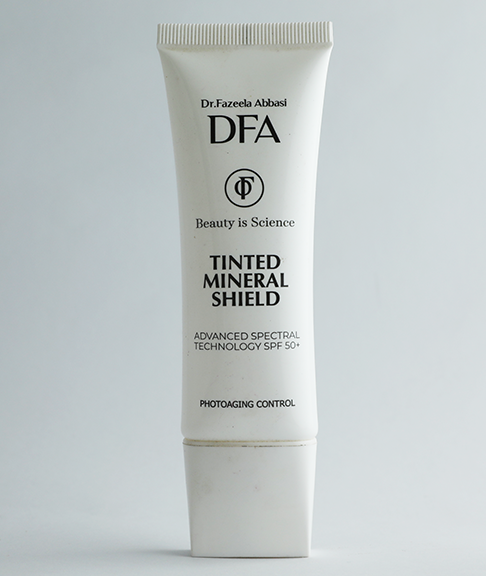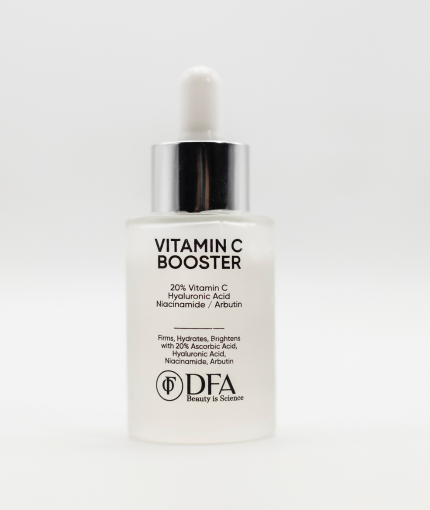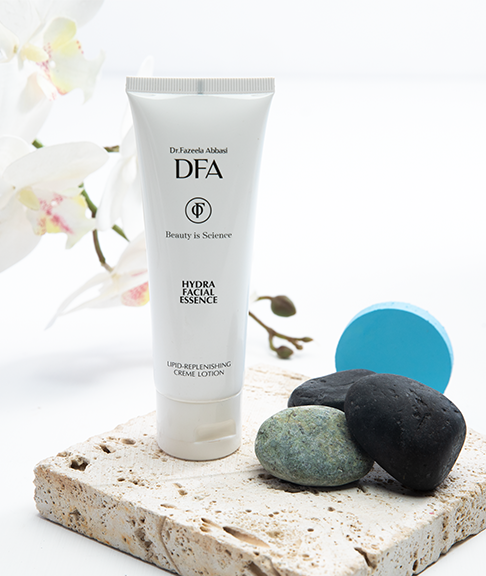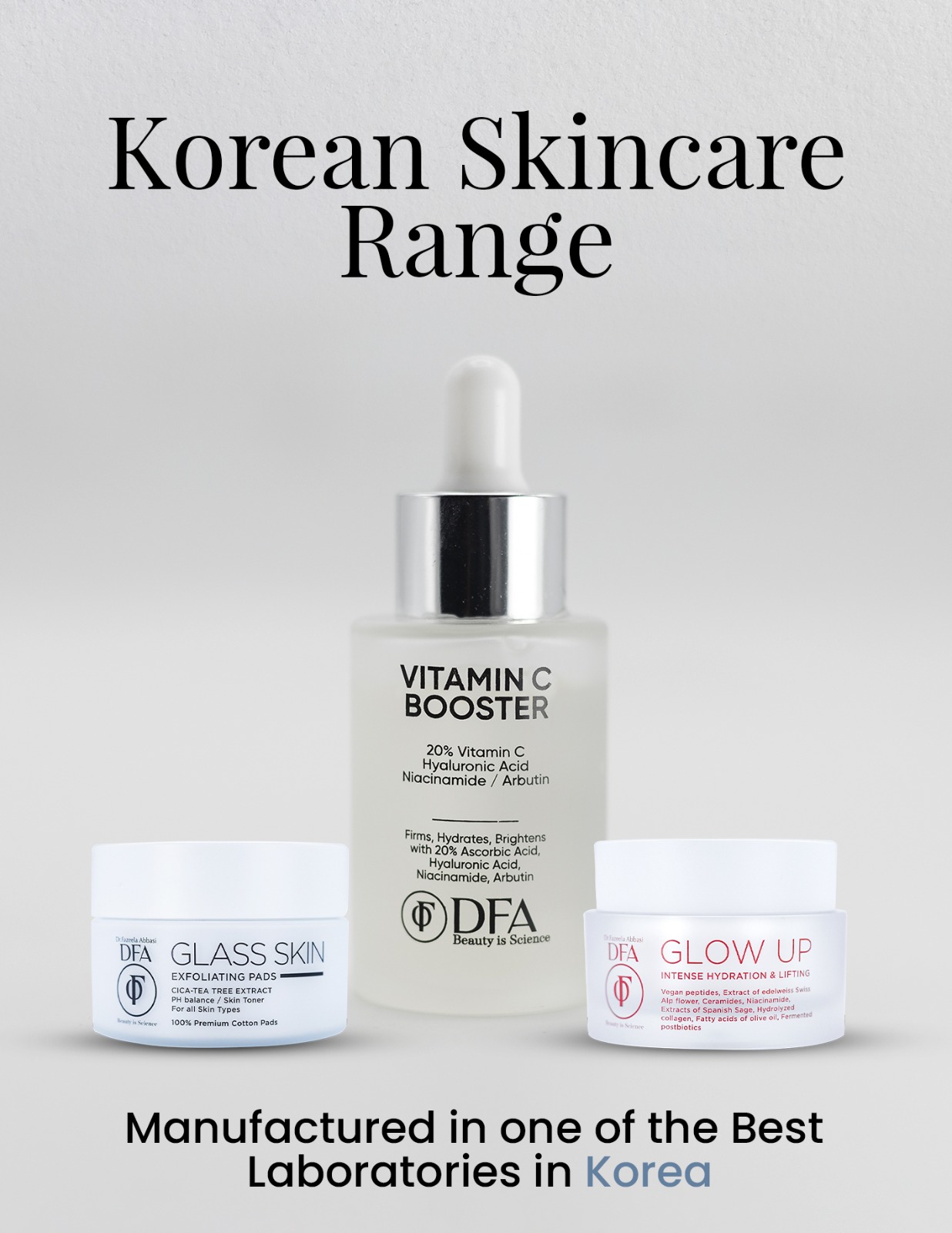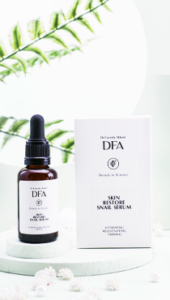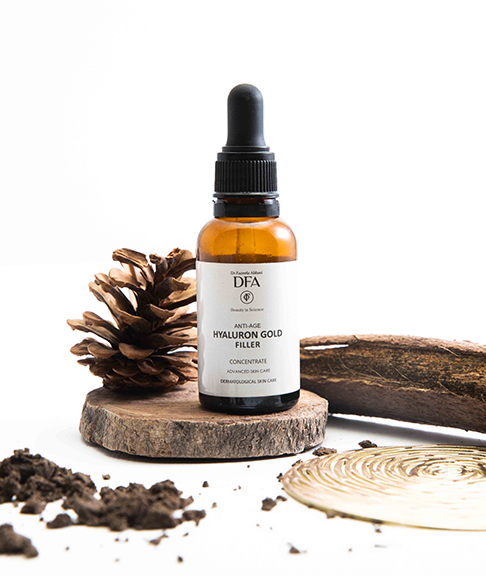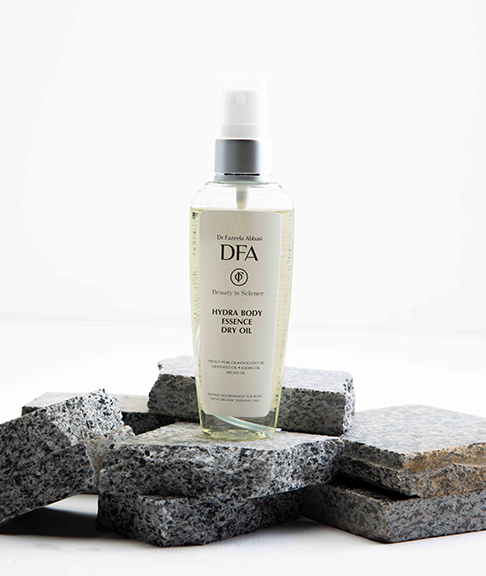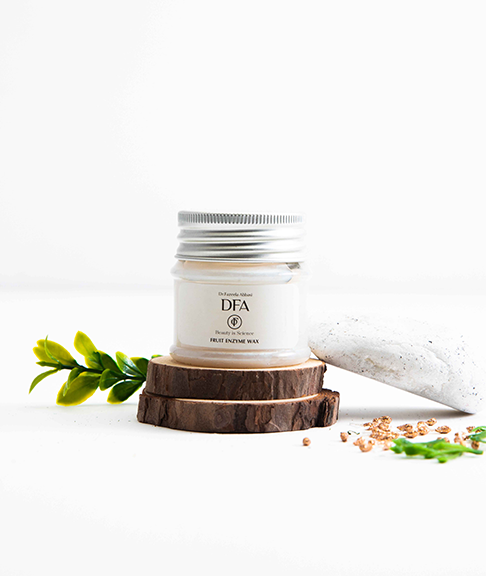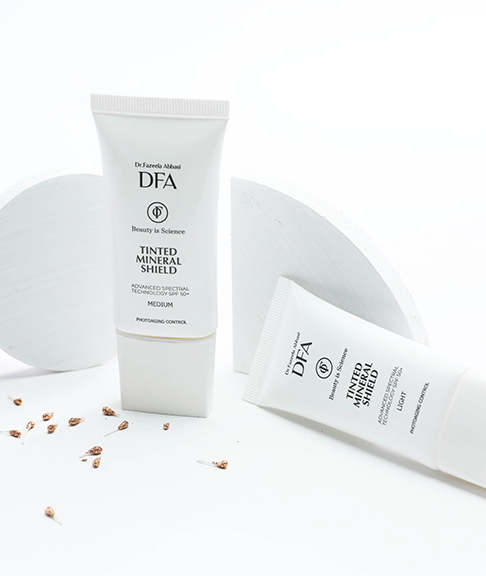Co-Enzyme
The hunt for firm skin is fervent. Many ingredients claim to increase cell turnover rate and improve skin’s elasticity, but as of late, a certain name popping up more and more when it comes to our skin’s firmness is CoQ10. But, CoQ10 is nothing new. It’s been a hero ingredient in Japanese beauty for years. So,let’s find out what exactly is it?
Type of Ingredient: Antioxidant
Main Benefits: Evens skin tone, reduces sun damage, improves skin hydration.
Who Should Use It: Generally, CoQ10 is safe for everyone.
How Often You Can Use It: CoQ10 can be used during your morning and night skincare routines. Apply it before applying any moisturizer.
Works Well With: Aloe vera, Vitamin C, Vitamin B3, Hyaluronic Acid
Don’t Use With: No known interactions.
What is CoQ10?
C0Q10 is a naturally produced bodily enzyme and one of the most fundamental antioxidants. “CoQ10 or Coenzyme Q-10 is a kind of fat-soluble quinone compound. Coenzyme Q10 is found in every cell of the human body. A coenzyme is a substance that enhances or is necessary for the action of enzymes, generally smaller than the enzymes. CoQ10 is vital in energy production in cells.
When we’re younger, we’re able to produce as much CoQ10 as we need for energy. As we get older, aging and stress slow down CoQ10 creation process, and our supplies diminish. Coenzyme Q10 in humans begins at low levels when we are young, peaks in our late teens, and begins to decline after 20 years of age.
There is “legitimate science” backing up the claims of CoQ10’s antioxidant properties: Antioxidants are basically shields you can apply to your skin to combat all the things that contribute to aging skin such as UV radiation, infrared radiation, and ozone pollution. Remember that majority of aging of our skin is from environmental sources so, if we can block those from occurring, our skin will age less.
The ingredient has been around for a while, actually, but is having its moment now because consumers are getting smarter about skincare. Many ingredients initially gain popularity in Japan prior to achieving the same status in the rest of the world, because Japanese consumers demand more research and development from manufacturers and lawmakers, they are more educated about products’ effects, and consumers are more confident about efficacy at the time of purchase.
Asian markets tend to be on the cutting edge of skincare, with star ingredients being more readily accessible, earlier on, as the Asian consumer is better versed when it comes to skincare and the ingredients that go into their routines. As a matter of fact, Asian beauty brands invest heavily in research and development alone, allowing them to come up with innovations faster than their counterparts.
CoQ10 works similarly to another powerhouse ingredient: Vitamin C. The most common antioxidant applied topically for its anti-aging effects is Vitamin C based, but CoQ10 has also shown to use the same pathway to neutralize free radicals.
Benefits of CoQ10 for Skin
While naturally occurring CoQ10 can be digested for energy, it can do a number of things in skincare products too. In terms of skincare, it’s usually in toners, moisturizers, and under-eye creams, promising to help even skin tone and reduce the appearance of fine lines.
- Energizes cell activity: This energy is needed to repair damage and make sure the skin cells are healthy. Active skin cells get rid of toxins easily and can make better use of nutrients. When your skin ages, all these processes slow down, causing dull and sallow, wrinkled skin.
- Reduce sun damage: The skin is damaged by exposure to the sun’s UV rays, which provides a source of free radicals, which can be damaging to the cells’ DNA. The potent antioxidant function of CoQ10 helps it to protect the skin at the molecular level from the damaging effects of the sun and from damage by free radicals. It works by decreasing the collagen degradation of skin and interdicting the damage caused by photo-aging.
- Even out skin tone: CoQ10 works to block tyrosinase, which helps with the production of melanin, which means that CoQ10 can help fade and prevent dark spots.
- Stimulate collagen and elastin production: CoQ10 supports the body’s ability to produce collagen and elastin.
- Replenishes skin cells: More energized skin cells mean healthier skin cells. Adding CoQ10 to your skincare may allow your cells to better utilize other nutrients, leading to healthier skin overall.
- Helps reduce damage of free radicals: Since CoQ10 aids in cell activity, it also means that your cells can be more efficient in flushing out toxins like free radicals and healing the damage they cause.
- Reduces the appearance of wrinkles and fine lines : This ingredient helps your body produce collagen and elastin, which can reduce the appearance of fine lines.



